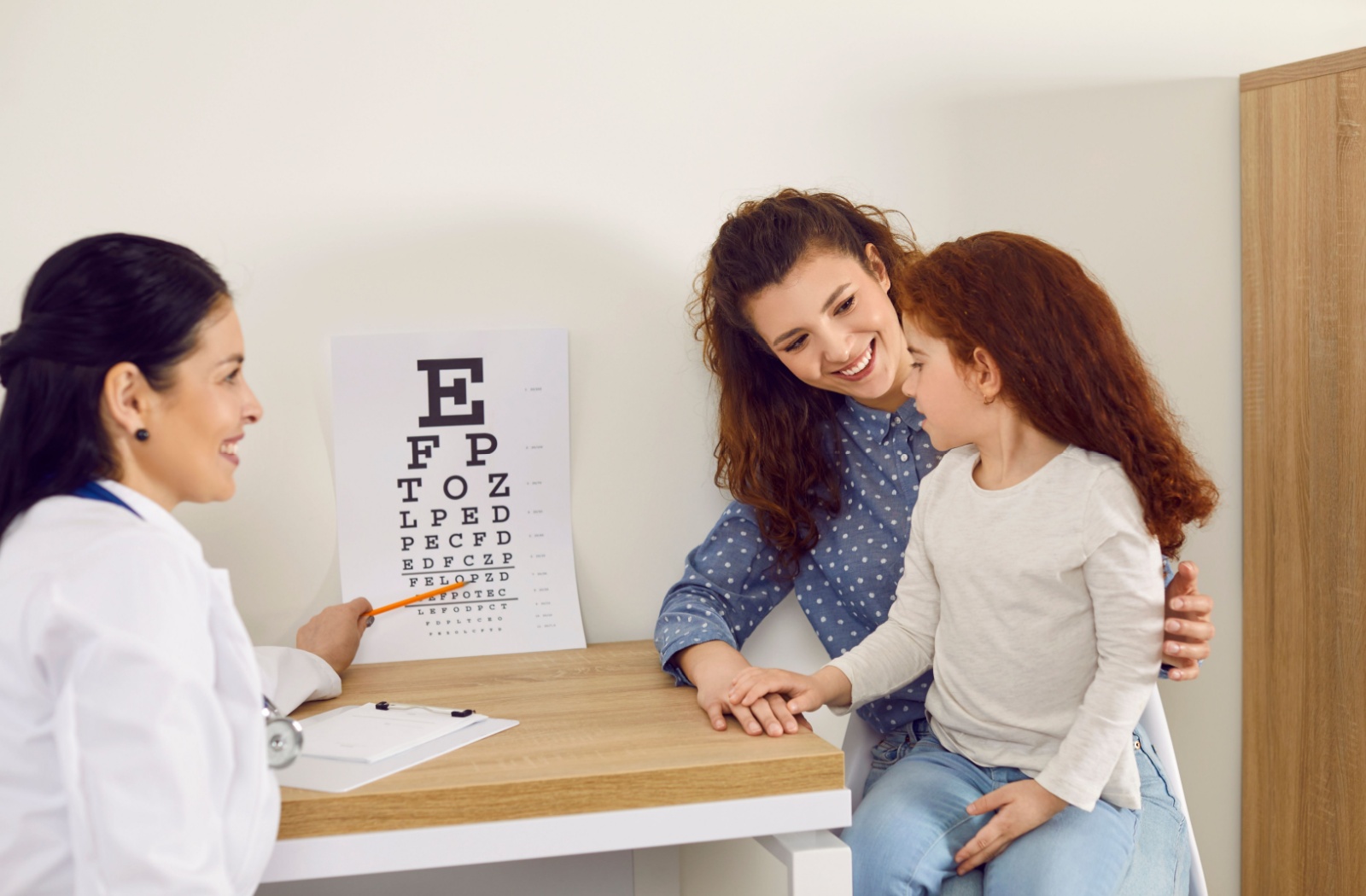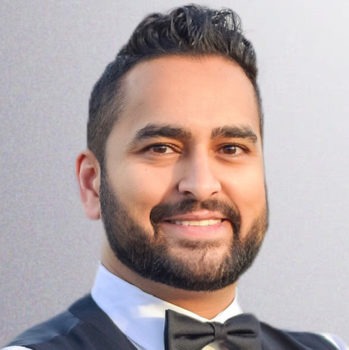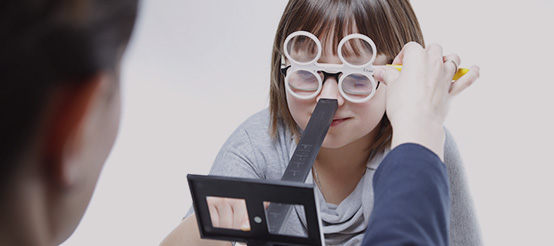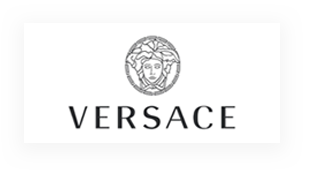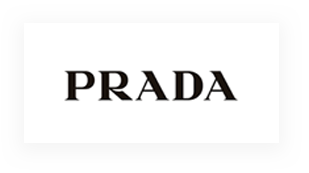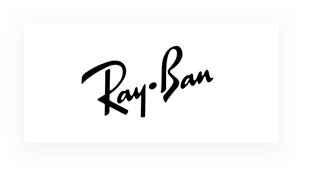The moment you first lock eyes with your child is a magical one. Helping those little eyes develop properly is just as important. While many parents prioritize regular health checkups, eye exams may fall by the wayside.
Early eye exams are vital for detecting and correcting vision problems that can affect a child’s development. Generally, children should have their first eye exam between 6–9 months old. As they age, the recommended eye exam frequency changes somewhat, but regular check-ins help support healthy visual development.
How Vision Develops in Childhood
Vision doesn’t fully develop at birth; it continues throughout early childhood. Infants learn to focus and coordinate their eye movements in the first year of life.
By age 2, their depth perception and ability to perceive colours are improving. However, this is also when vision issues can become evident.
Regular checkups are crucial because even if a child seems to see well, they might not be using both eyes together as they should. Untreated vision problems can lead to learning difficulties, delayed development, and, in some cases, permanent vision loss.
Signs It’s Time for an Exam
Children often don’t realize they have vision problems and rarely complain about them. Parents should be vigilant for signs indicating the need for an eye exam. These might look like:
- Squinting
- Holding books too close
- Tilting the head when looking at objects
- Frequent headaches
- Difficulty reading
- Eye rubbing
- Sensitivity to light
- Poor hand-eye coordination
Keep an eye out for behavioural cues as well. If your child frequently loses their place while reading or uses a finger to guide their eyes, it might be time for an exam.
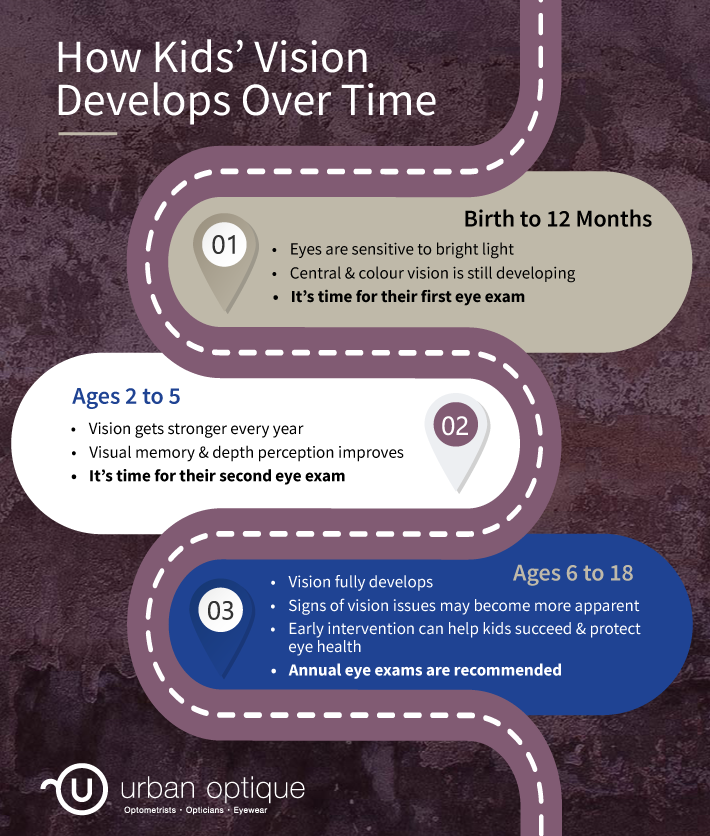
Recommended Timeline for Eye Exams
The Canadian Association of Optometrists recommends a child’s first eye exam between 6 and 9 months. This initial exam is vital in identifying any early signs of vision problems. Following this, kids should have another exam between the ages of 2 and 5, and then annually after starting school.
Don’t forget about your own eye exam, either. Adults are advised to have a comprehensive eye exam at least every 2 years. However, those with vision problems or a family history of eye conditions might need exams more frequently.
Do Vision Tests at School Count as Eye Exams?
While school vision screenings can serve as a useful initial assessment for detecting potential vision problems, they should not be considered replacements for thorough eye exams by an optometrist. School screenings typically focus on basic visual acuity and may not identify issues like refractive errors, depth perception problems, or eye health conditions.
Are Eye Exams Free for Kids in Alberta?
In Alberta, basic eye exams for children are often covered by Alberta Health Care until they turn 19. This makes it easier for parents to keep up with regular exams without worrying about the cost.
What Can a Children’s Eye Exam Detect?
During a comprehensive eye exam, eye doctors can detect common conditions such as refractive errors, including nearsightedness (myopia), farsightedness (hyperopia), and astigmatism.
Early identification of these conditions allows for timely intervention, including corrective lenses or other treatments to improve vision. Eye exams can also reveal more serious eye health concerns, such as:
- Amblyopia
- Strabismus
- Signs of systemic health issues like diabetes and hypertension
Detecting vision issues early helps establish a baseline for your child’s vision health. Regular monitoring allows us to manage potential changes in their eyesight, safeguarding their eye health as they grow.
The Connection Between Vision & Learning
Treating vision issues early can also enhance a child’s academic performance. Vision plays a critical role in learning, and undiagnosed problems can lead to struggles in school. Addressing these issues can help improve your child’s confidence and participation in class, contributing to their overall success.
Book Your Child’s First Eye Exam
Prioritizing your child’s vision health is an investment in their future. Early and regular eye exams can help identify issues before they affect your child’s development and daily life. If your child is nearing 9 months of age or older and hasn’t had an eye exam yet, now is the time.
At Urban Optique, we support parents through the process and provide friendly care for your child’s vision health. We encourage you to make eye exams a regular part of your child’s healthcare routine. Visit our website or contact us today to schedule an appointment.

